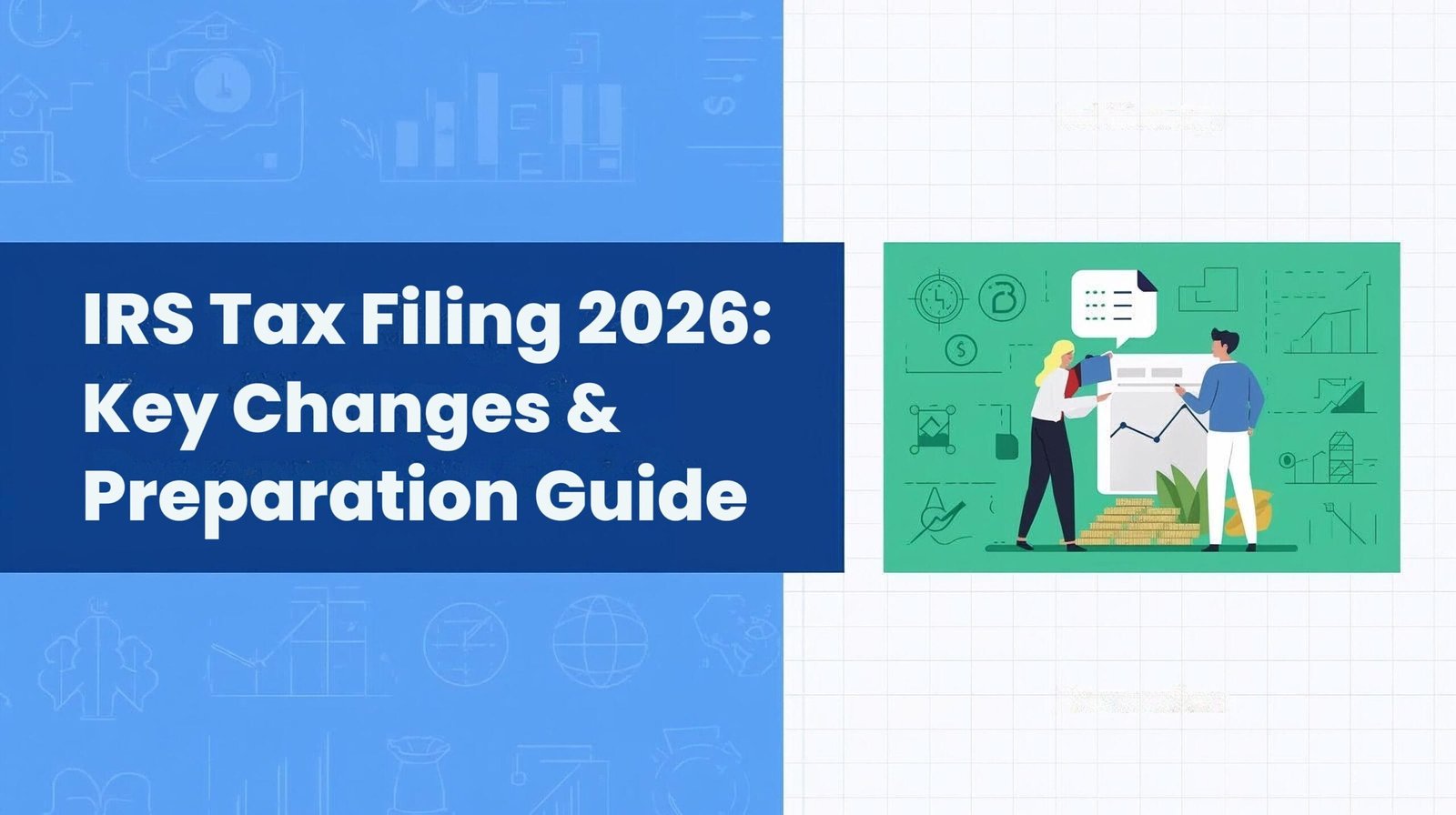
We Make Tax Filing A Breeze
Home » US Expat Tax Filing: Deadlines, Forms, and Exclusions Explained (Part 2)

Understanding deadlines and extensions is crucial for US expats to ensure timely US tax filing and avoid penalties. This blog post dives deeper into navigating deadlines, explores common expat tax forms, and unravels tax exclusions and benefits available to US expats living abroad.
Consider the timing of potential income and deductions. If you expect to be in a higher tax bracket next year, you might want to accelerate income into the current year and defer deductions (and vice versa if you expect to be in a lower tax bracket next year).
The US tax extension allows for more time to file your federal tax return beyond the standard April 15 deadline. Here’s how to qualify:
These penalties can significantly increase your tax debt. File your return and pay taxes on time, or request an extension if needed. You may qualify for penalty relief or a payment plan in specific situations.
We’ll focus on two common forms in this section:
US expats may qualify for specific tax exclusions and benefits that can significantly reduce their tax burden. Here’s a breakdown of two common ones:
Foreign Earned Income Exclusion (FEIE): This exclusion allows US expats to exclude a certain amount of their foreign-earned income from US taxes. In 2024, the maximum exclusion amount is $126,500.
Eligibility: To qualify for the FEIE, you must meet either the bona fide residence test or the physical presence test. The bona fide residence test requires you to be a resident of a foreign country for an uninterrupted period that includes 330 full days (out of a 365-day period) during the tax year. The physical presence test requires you to be physically present in a foreign country or countries for at least 330 full days during a period of 12 consecutive months.
Limitations: The FEIE has limitations. For example, if your housing expenses exceed a certain amount, the amount you can exclude may be reduced. Additionally, the FEIE does not apply to all types of income, such as passive income earned abroad.
Foreign Housing Exclusion: This exclusion allows US expats to deduct a portion of their foreign housing expenses from their taxable income. This can further reduce their tax liability after claiming the FEIE.
Eligibility: Generally, US expats who meet the FEIE test can also claim the foreign housing exclusion.
Limitations: The amount you can deduct is limited to the amount of your housing expenses that exceed a certain base amount, which is determined by the location of your foreign residence.
Tax exclusions can significantly benefit US expats by reducing their taxable income and potentially lowering their tax liability.
IRS Resources for US Expat Taxes: The IRS website offers a wealth of information on US expat taxes, including forms, publications, and frequently asked questions. https://www.irs.gov/individuals/international-taxpayers
Professional Tax Guidance: Considering professional help from a tax advisor specializing in US expats can be highly beneficial. Here’s why:
US expat taxes are a complex matter, but understanding deadlines, forms, exclusions, and potential benefits can help you navigate the process effectively. Remember:
By staying informed and taking the necessary steps, US expats can ensure compliance with US tax obligations while minimizing their tax burden.
To learn more about how you can reduce your taxes and save money, check out the helpful resources on our blog or contact us today to schedule a consultation.